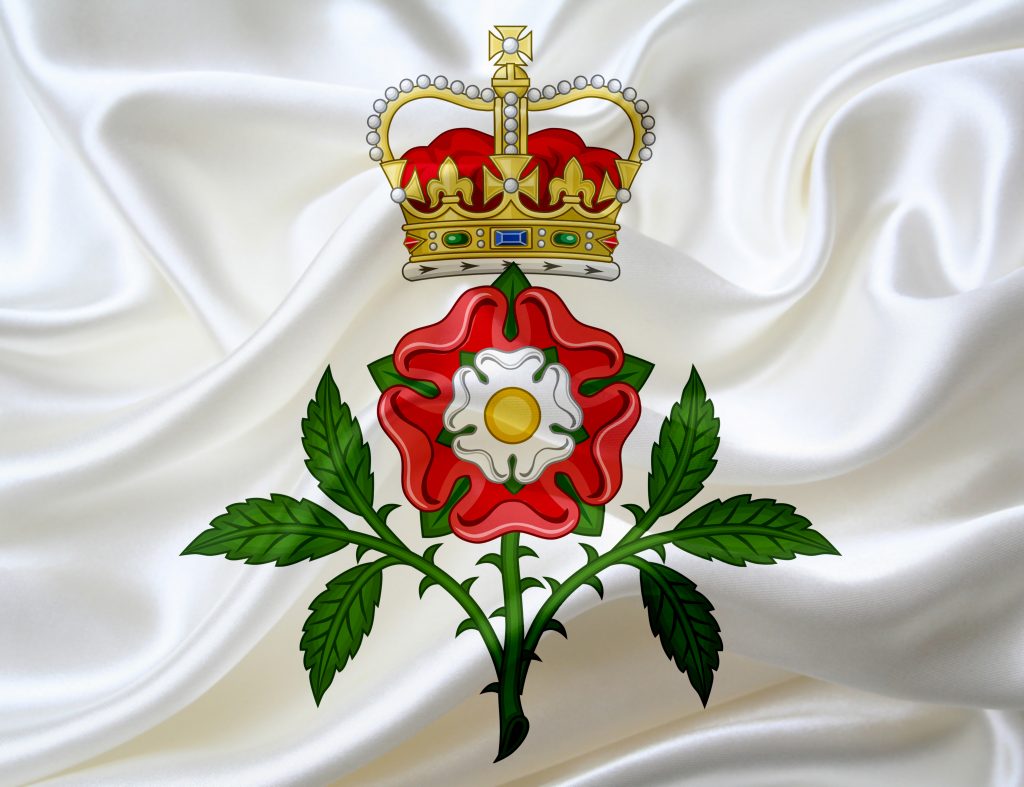No matter which UK exam board you are sitting, if you are taking IGCSE, GCSE, A level or Pre-U history you will have to deal with provenance. At least one of your papers will have a primary source question that requires you to evaluate the provenance of the sources alongside the content. So what exactly is provenance, how do you evaluate it and why is it important?
Defining Provenance
The Oxford English Dictionary defines provenance as ‘the place of origin’ and ‘used as a guide to authenticity and quality’
That is exactly what we are applying to primary sources on the history papers. We are asking where they originated and we are testing the authenticity and quality in order to see if they will help us as historians. Luckily, the exam boards give us the information we need and they print it clearly above or below each source. You must always read that information and address it in your answer – that is why it is there.
So how exactly do you do it?
Use the 5 Ws
Who wrote it?
This is important in assessing the value of a source. For example, a personal letter from the Prime Minister to a colleague about a topic is likely to have more value than a newspaper account written by a journalist on the same topic. The assumption is that the Prime Minister has superior knowledge of the situation.
Why was it written?
This is where you can start to link provenance to context. Documents have a purpose. You must consider what was the purpose and link it to the history. This should also reveal any subjectivity or propagandist purpose. For example, an extract from a party manifesto has a very clear political purpose. Ignore this at your peril in an exam!
What is it?
Is it a letter, a speech, or something else? This may also help you to assess value, using a bit of common sense. It is likely, for example, that a private letter will be of more value in learning about the real opinion of a politician than a public speech given on the same topic. A speech is a carefully-crafted piece of writing usually designed to persuade, whereas a private letter will be more honest.
Where was it produced?
A document designed for public information during the Cold War published in the USSR will have a different emphasis to a similar document published in the USA. Again, this will help you with assessing value and subjectivity.
When was it produced?
You need to know when a source was written before you can place it into a timeline of events. The trick is to link the date of the document to the events surrounding it. Hindsight may have skewed judgement in sources produced a long time after the events happened. Memory is notoriously unreliable, so a source produced at the time of the events may be more reliable than a memoir written years later.
Why is it important?
So is all this important? Yes! Learning to assess document value via provenance is a vital skill for historians and is essential to carry out any historical research. It would be a poor academic historian indeed who did not know the strengths and limits of their source material, because it could invalidate their research. Put simply, history relies on the skilled assessment of evidence. Therefore our analysis and conclusions are likely to be flawed if we do not understand the evidence with which we are working.
Practice assessing provenance in your primary-source exam questions and your marks should rise as your skill develops.
Read more useful blogs with free study tips from our tutors here.
Related: History Exams – How to avoid being narrative
About Dr Rose
Dr Janet Rose is an international tutor who teaches English and History for The Tutor Team. See her profile here
Janet also manages The Tutor Team Facebook page, where you can get study tips, educational videos and posts every week.


